Related Research Articles

Irwin County is a county located in the U.S. state of Georgia. As of the 2020 census, the population was 9,666. The county seat is Ocilla. The county was created on December 15, 1818. It was named for Governor Jared Irwin.
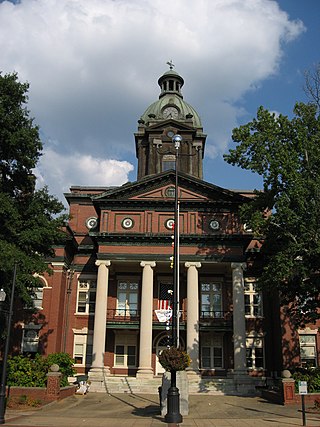
Coweta County is a county located in the west central portion of the U.S. state of Georgia. It is part of Metro Atlanta. As of the 2020 census, the population was 146,158. The county seat is Newnan. Starting on Friday, November 24th, 2023, the Coweta County Sheriff's Office will make an appearance on the Reelz series On Patrol: Live, replacing Wilkes-Barre, Pennsylvania.

Moreland is a town in Coweta County, Georgia, United States. As of the 2020 census, the town population was 382.

Newnan is a city in and the county seat of Coweta County, Georgia, United States, about 40 miles (64 km) southwest of Atlanta. Its population was 42,549 at the 2020 census, up from 33,039 in 2010.

Senoia is a city located 35 minutes south of Atlanta in Coweta County, Georgia, United States. It is part of the Atlanta metropolitan area. Its population was 5,016 at the 2020 census.
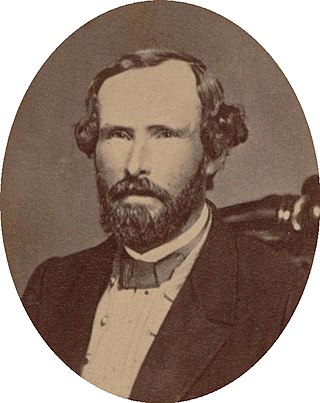
George Wythe Randolph was a Virginia lawyer, planter, politician and Confederate general. After representing the City of Richmond during the Virginia Secession Convention in 1861, during eight months in 1862 he was the Confederate States Secretary of War during the American Civil War, then served in the Virginia Senate representing the City of Richmond until the war's end.
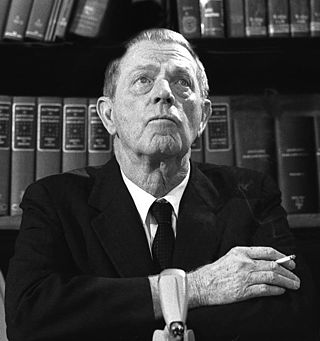
Erskine Preston Caldwell was an American novelist and short story writer. His writings about poverty, racism and social problems in his native Southern United States, in novels such as Tobacco Road (1932) and God's Little Acre (1933) won him critical acclaim.

George Hillyer was an American politician, serving as the 29th Mayor of Atlanta, Georgia, as well as a state representative and senator. He was also an officer in the Confederate States Army during the American Civil War.
William E. Ezzard was a Southern United States politician who served as the 11th, 13th and 19th Mayor of Atlanta, Georgia, in the 19th century.
Benjamin Franklin Bomar was the second mayor of Atlanta, Georgia.
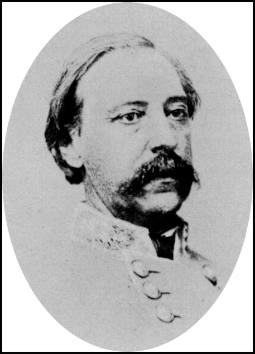
Goode Bryan was a planter, politician, military officer, and American Civil War general in the Confederate States Army. His brigade played a prominent role during the Battle of the Wilderness, fighting stubbornly until exhausting its ammunition.

Allen Daniel Candler, was a Georgia state legislator, U.S. Representative and the 56th Governor of Georgia.
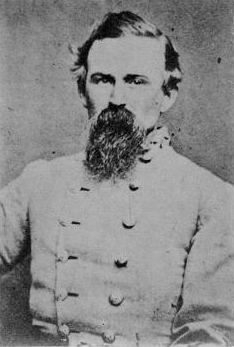
George Pierce Doles was an American businessman and Confederate general during the American Civil War. His men played a key role on the first day of the Battle of Gettysburg in driving back the Union XI Corps.
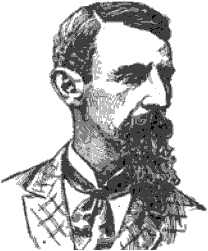
Thomas Elisha Winn was an American attorney and politician who served as a member of the United States House of Representatives for Georgia's 9th congressional district from 1891 to 1893.

Lovick P. Thomas, was a quartermaster in the Confederate Army of the Confederate States of America, 1861–1863 and the father of famed American Old West Deputy U.S. Marshal Heck Thomas. His brother was Confederate Army Brigadier General Edward Lloyd Thomas.

Nedom L. Angier was the Mayor of Atlanta from 1877 to 1879. To date, he is the last Republican to hold that office.
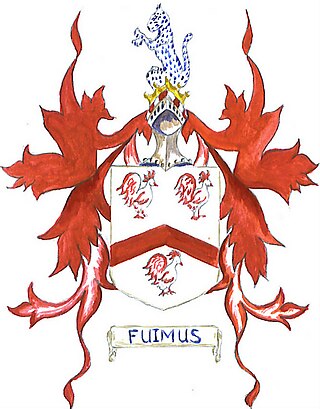
Ambrose Cobbs was an early Virginia colonist and planter who established the long lasting social and political Cobb dynasty in the southern states.
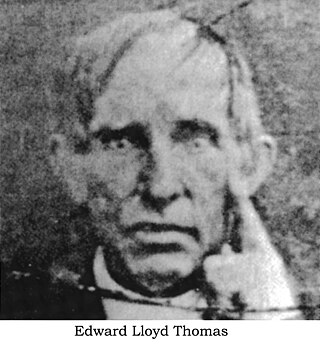
Edward Lloyd Thomas, Sr. (1785–1852) was a Methodist preacher, a land speculator, and a surveyor in Georgia, United States. He had six brothers and a sister. Among his children was Confederate general Edward Lloyd Thomas (1825–1898).

The 1980 United States presidential election in Georgia took place on November 4, 1980, in Georgia as part of the 1980 United States presidential election. The Democratic Party candidate, incumbent President Jimmy Carter, won his home state of Georgia over former California Governor Ronald Reagan by 238,565 votes, one of just seven victories in the election.
Zachariah Armstead Rice was an American businessman who was prominent in the city of Atlanta, Georgia, in the decades before and after the Civil War. In addition to investments in textile mills, general merchandise stores, and real estate, Rice was a slave trader, Confederate officer, city councilman, and newspaper publisher of the Daily Intelligencer.
References
- Seales, Bobby Joe. "Stamps-Massey Ancestors". Alabaster, Alabama: 1970.
- Stamps, Charles T. and William T. "The Stamps Family History and Lineage". Clinton, Utah: 1986.
- Stamps, Elizabeth Belk. "To China With Love". Oxford, Georgia: 1972.
- Tuck, Henry C. "Four Years at the University of Georgia, 1877-1881". Athens, Georgia: 1938.